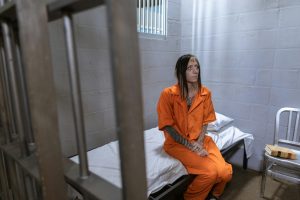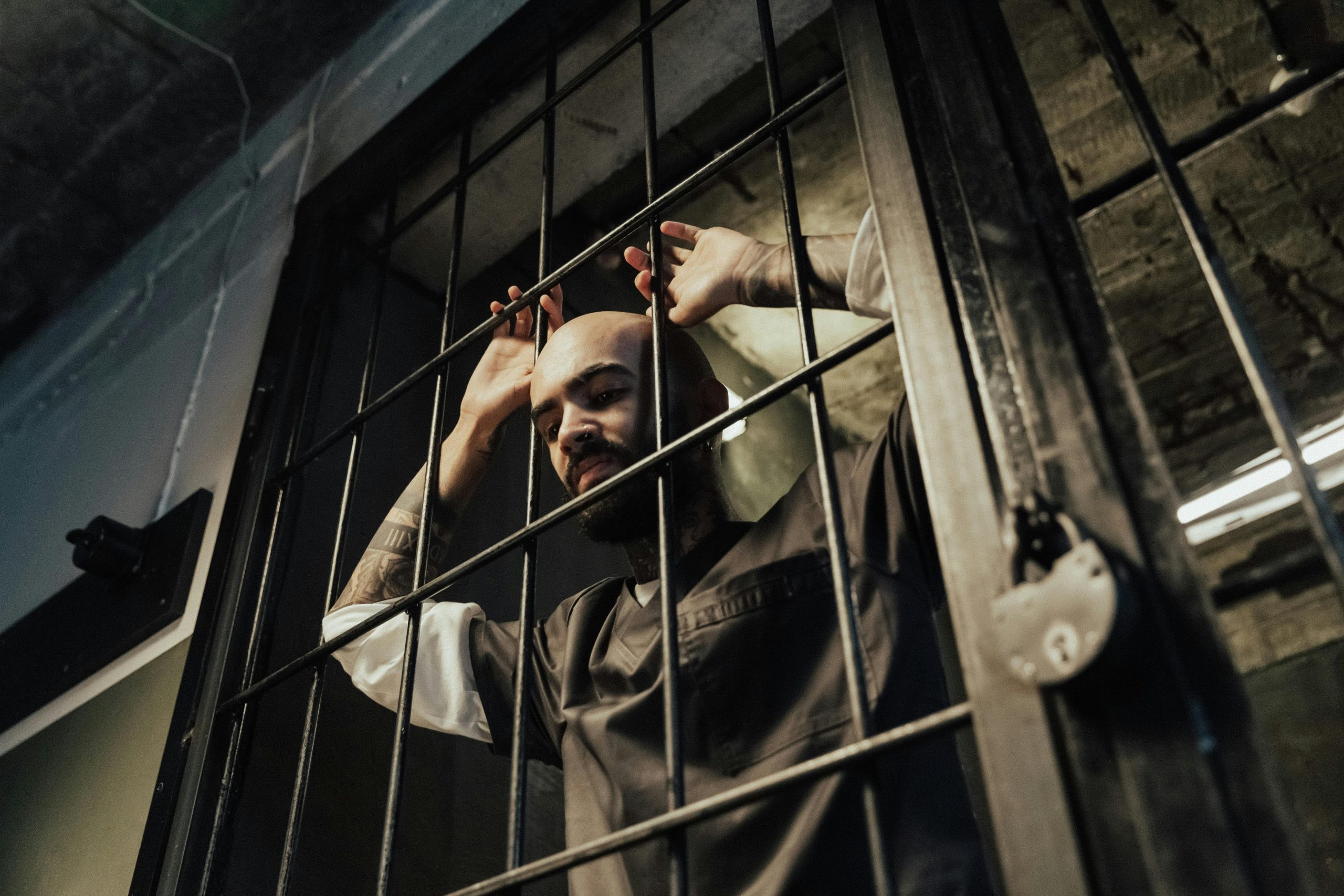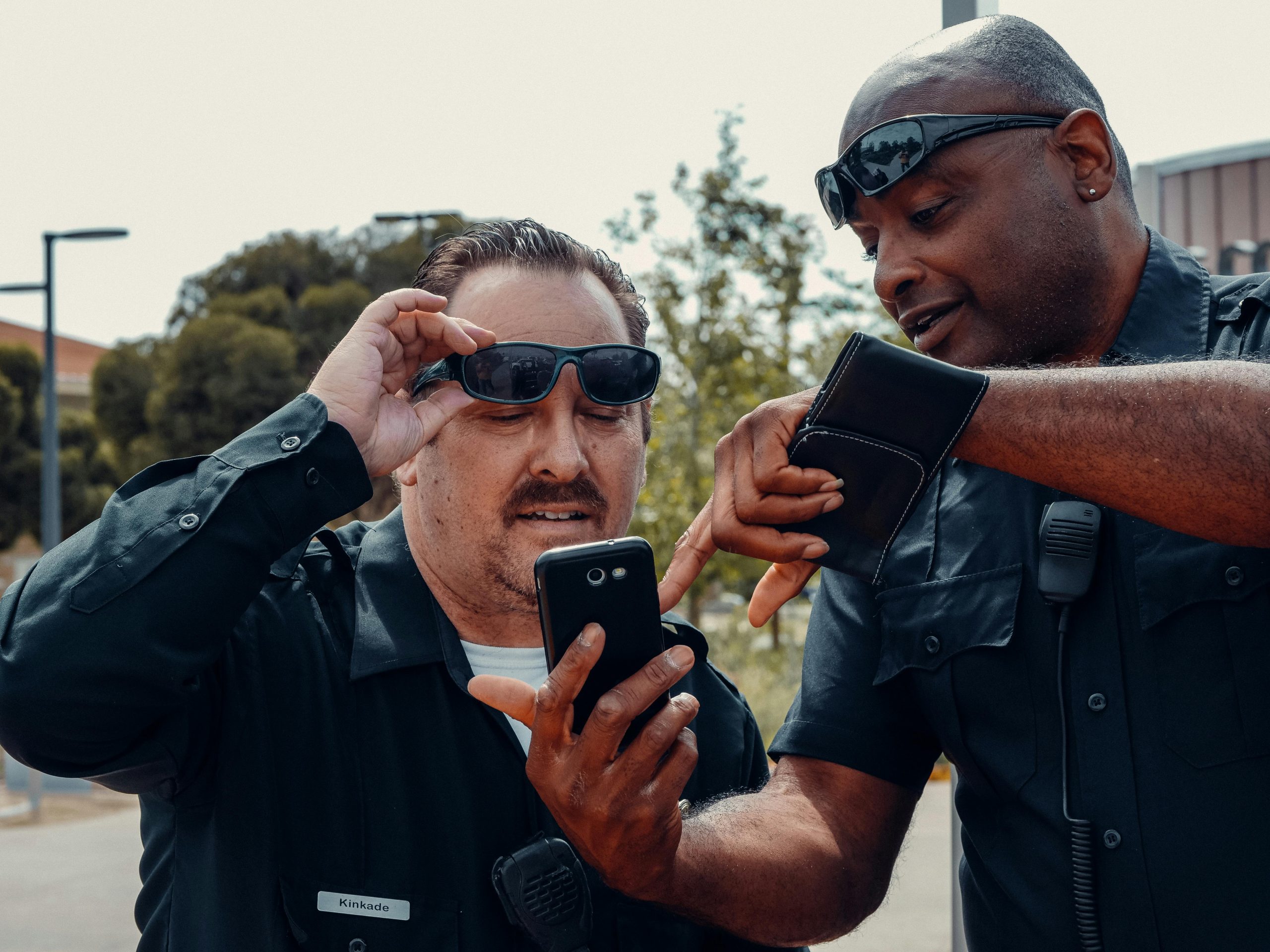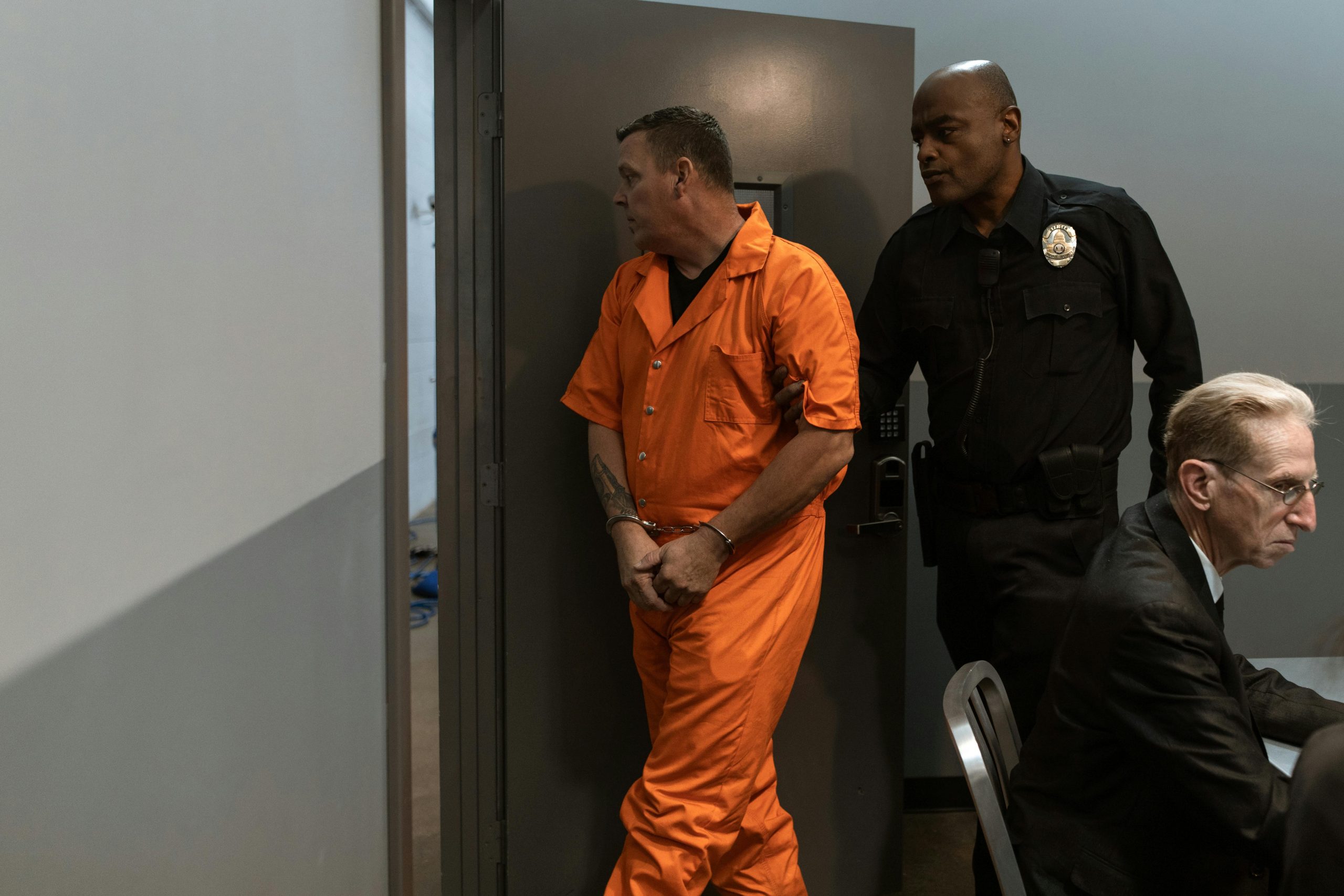Not familiar with the Worst women’s prison in Georgia? The worst women’s prisons in Georgia include Pulaski State Prison, Georgia Women’s Correctional Facility, Metro State Prison, Central State Prison, and Wheeler Correctional Facility; however, despite these challenges, top-rated institutions are improving conditions and offering better services.
Georgia’s correctional facilities have faced significant scrutiny over the years, particularly regarding conditions in women’s prisons.
Among these, certain facilities stand out due to persistent issues with overcrowding, inadequate healthcare, and poor living conditions.
This article explores the ten worst women’s prisons in Georgia, detailing the problems each facility faces, their impact on female inmates, and the broader implications for the state’s correctional system. Each prison is examined with a focus on its specific issues, offering a comprehensive look at why these institutions are often criticized.
Table of Contents
Toggle10 Worst Women’s Prisons in Georgia
1. Pulaski State Prison
Pulaski State Prison, while primarily housing male inmates, has garnered negative attention due to its impact on nearby women’s facilities. This facility’s issues with overcrowding and inadequate medical care have extended to the surrounding areas, indirectly affecting the conditions for female inmates at neighboring prisons. The strain on local resources and the overall management challenges contribute to the negative reputation of this facility, highlighting the interconnected nature of the state’s prison system.
Location: Hawkinsville, Georgia
Keyword: Pulaski State Prison women’s facility issues
Pros:
- Central location
- High security
- Experienced staff
- Job training programs
- Rehabilitation opportunities
- Community involvement
- Educational programs
Cons:
- Overcrowding
- Poor medical care
- Maintenance issues
2. Georgia Women’s Correctional Facility
The Georgia Women’s Correctional Facility faces criticism for its aging infrastructure and inadequate facilities. Located in a rural area, this facility struggles with outdated systems that contribute to its deteriorating conditions. The challenges faced by inmates at this facility include insufficient living space and outdated healthcare services, which significantly impact the quality of life for those incarcerated here.
Location: Reidsville, Georgia
Keyword: Georgia Women’s Correctional Facility aging infrastructure
Pros:
- Rural setting
- Low staff-to-inmate ratio
- Work release programs
- Vocational training
- Low crime rate
- Family support programs
- Rehabilitation focus
Cons:
- Outdated infrastructure
- Inadequate facilities
- Limited resources
3. Metro State Prison
Metro State Prison, housing both male and female inmates, is criticized for poor conditions and management issues affecting its female population. Problems with facility maintenance and overcrowding have been reported, which impact the daily lives of female inmates. The lack of proper management and resources exacerbates the already challenging conditions, making it one of the more problematic institutions in the state.
Location: Atlanta, Georgia
Keyword: Metro State Prison management issues
Pros:
- Urban location
- Diverse programs
- Access to services
- Security measures
- Job opportunities
- Education programs
- Medical services
Cons:
- Poor management
- Maintenance problems
- Overcrowding
4. Central State Prison
Central State Prison, located in Macon, has been noted for its poor conditions and management problems. The facility’s issues with maintaining acceptable living standards have been particularly harsh on its female population. With outdated systems and insufficient staff training, the overall environment at Central State Prison can be challenging for inmates, contributing to its negative reputation.
Location: Macon, Georgia
Keyword: Central State Prison poor conditions
Pros:
- Historical significance
- Training programs
- Security protocols
- Community services
- Rehabilitation efforts
- Educational support
- Work opportunities
Cons:
- Poor conditions
- Management issues
- Outdated facilities
5. Wheeler Correctional Facility
The Wheeler Correctional Facility faces criticism for inadequate healthcare services and general conditions. This facility, which houses both male and female inmates, has struggled with providing necessary medical care and maintaining acceptable living standards. The overall condition of the facility reflects systemic issues that impact both male and female inmates, but are particularly harsh on women.
Location: Alamo, Georgia
Keyword: Wheeler Correctional Facility healthcare issues
Pros:
- Job training
- Rehabilitation programs
- Educational opportunities
- Security measures
- Community involvement
- Work release options
- Vocational training
Cons:
- Inadequate healthcare
- Poor living conditions
- Maintenance issues
6. Telfair State Prison
Telfair State Prison is known for its overcrowding and inadequate facilities, issues that extend to the female population housed there. The facility’s struggles with space and resources create a challenging environment for inmates, affecting their overall well-being and access to services. These conditions contribute to the prison’s reputation as one of the worst in the state.
Location: Helena, Georgia
Keyword: Telfair State Prison overcrowding issues
Pros:
- Rural location
- Low crime rate
- Rehabilitation programs
- Security protocols
- Vocational training
- Community programs
- Job opportunities
Cons:
- Overcrowding
- Inadequate facilities
- Limited medical services
7. Jenkins Correctional Facility
The Jenkins Correctional Facility in Millen has faced criticism for maintenance problems and general living conditions. The facility’s struggles with upkeep and resource allocation have led to a less-than-ideal environment for its female inmates. The issues here reflect broader challenges within the state’s prison system, impacting the quality of life for those incarcerated.
Location: Millen, Georgia
Keyword: Jenkins Correctional Facility maintenance problems
Pros:
- Community involvement
- Vocational programs
- Educational opportunities
- Security measures
- Low crime rate
- Rehabilitation focus
- Job training
Cons:
- Maintenance issues
- Poor living conditions
- Resource shortages
8. Johnson State Prison
Johnson State Prison is criticized for poor living conditions and management issues that impact its female inmates. The facility’s difficulties in maintaining acceptable standards and providing adequate resources contribute to its negative reputation. The combination of these problems affects the overall environment for women incarcerated here.
Location: Wrightsville, Georgia
Keyword: Johnson State Prison living conditions
Pros:
- Security measures
- Educational programs
- Rehabilitation efforts
- Job training
- Community support
- Work release options
- Vocational training
Cons:
- Poor living conditions
- Management issues
- Resource limitations
9. Calhoun State Prison
Calhoun State Prison, while primarily a male facility, has conditions and management issues that influence nearby female facilities. The impact of its poor conditions on the overall system affects perceptions and the quality of life for female inmates in the surrounding areas. The broader implications of Calhoun State Prison’s issues highlight the interconnected nature of the state’s correctional facilities.
Location: Morgan, Georgia
Keyword: Calhoun State Prison conditions impact
Pros:
- High security
- Job opportunities
- Educational programs
- Rehabilitation focus
- Vocational training
- Community involvement
- Work release options
Cons:
- Poor conditions
- Management issues
- Overcrowding
10. Hays State Prison
Hays State Prison is known for issues related to facility maintenance and overcrowding, which affect its female population. The facility’s struggles with space and upkeep contribute to a challenging environment for inmates. The overall conditions at Hays State Prison reflect broader systemic issues within the state’s correctional system.
Location: Trion, Georgia
Keyword: Hays State Prison overcrowding maintenance
Pros:
- Security measures
- Educational opportunities
- Job training
- Rehabilitation programs
- Community involvement
- Work release options
- Vocational training
Cons:
- Overcrowding
- Maintenance issues
- Poor living conditions
Worst Women’s Prisons in Georgia FAQs
1. What are the main issues facing women’s prisons in Georgia? Women’s prisons in Georgia often face issues such as overcrowding, inadequate healthcare, poor living conditions, and outdated infrastructure.
2. Why is overcrowding a problem in Georgia women’s prisons? Overcrowding exacerbates existing issues, such as inadequate healthcare and insufficient living space, making it difficult for facilities to maintain acceptable standards.
3. How does inadequate healthcare impact female inmates? Inadequate healthcare leads to untreated medical conditions, worsens existing health problems, and affects overall well-being, contributing to a lower quality of life for inmates.
4. What are the consequences of poor living conditions in these prisons? Poor living conditions can lead to increased stress, health issues, and a general decline in the quality of life for inmates, affecting their rehabilitation and well-being.
5. How does outdated infrastructure affect women’s prisons? Outdated infrastructure can result in inadequate facilities, maintenance issues, and reduced ability to provide necessary services and support for inmates.
6. Are there any programs or services available to inmates in these facilities? Despite the challenges, many facilities offer educational programs, job training, and rehabilitation services aimed at helping inmates improve their lives and prepare for reentry.
7. What steps are being taken to address the issues in Georgia’s women’s prisons? Efforts to address these issues include facility upgrades, policy changes, and increased funding for healthcare and maintenance, although progress varies by location.
Conclusion
The conditions in many women’s prisons in Georgia highlight significant challenges within the state’s correctional system.
Issues such as overcrowding, inadequate healthcare, and poor living conditions affect the quality of life for female inmates.
Addressing these problems is crucial for improving the overall environment and ensuring fair treatment for all incarcerated individuals.
For those seeking to understand the state of women’s prisons in Georgia, these ten facilities serve as key examples of the broader systemic issues that need attention. We encourage readers to stay informed and advocate for improvements in the correctional system.



